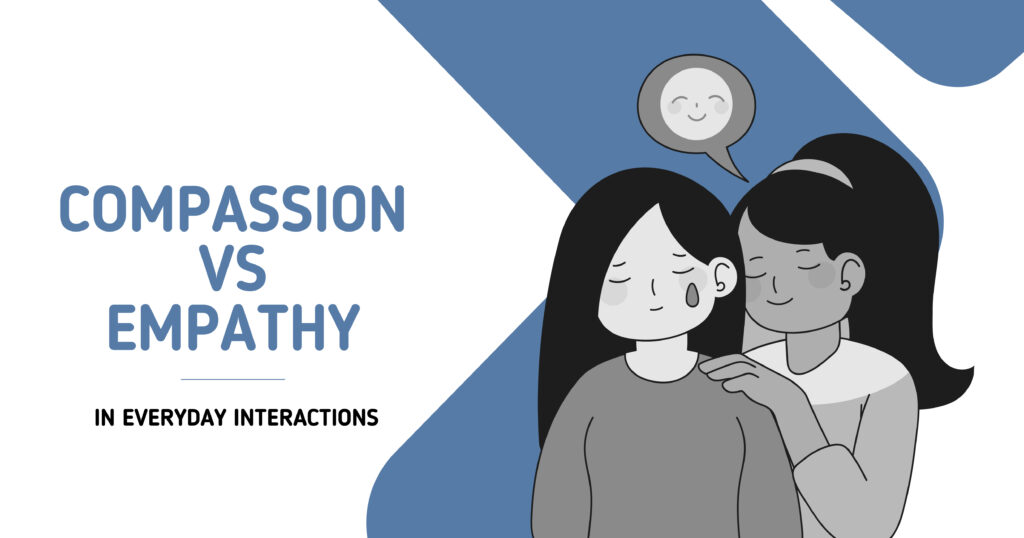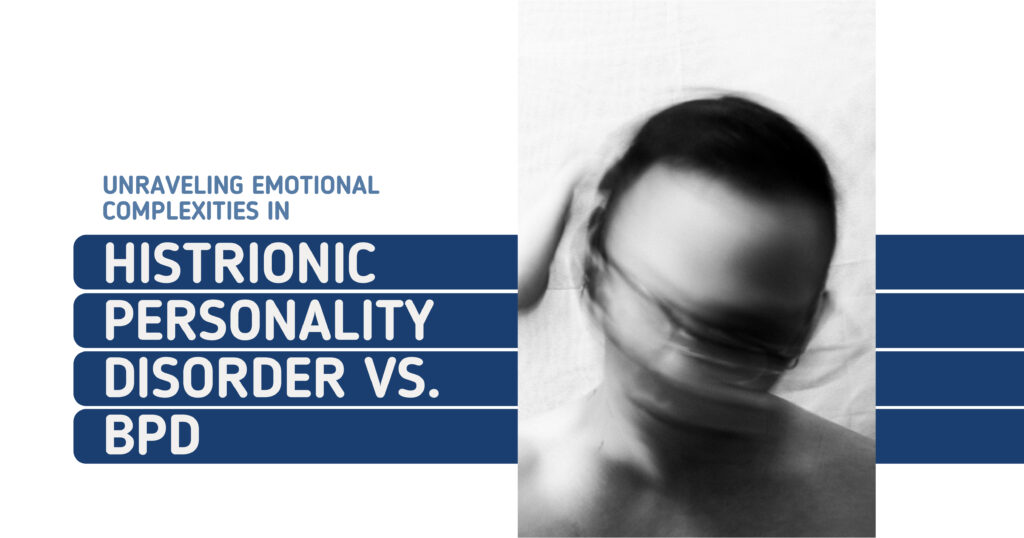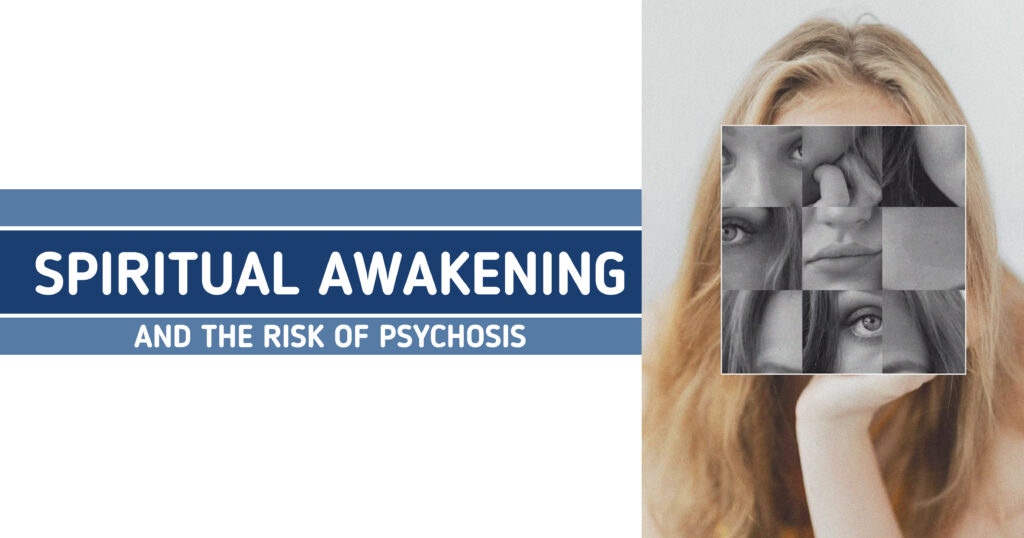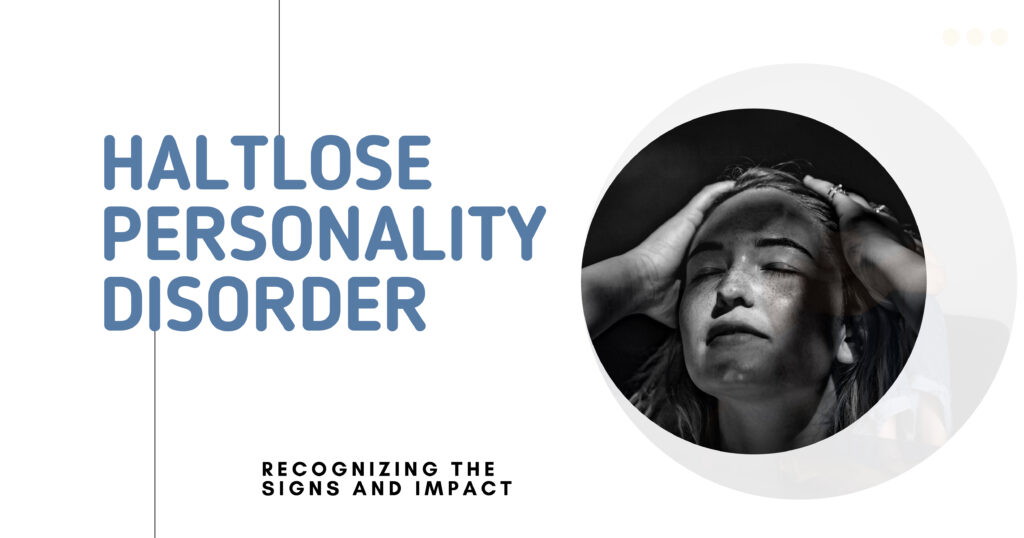Have you ever comforted a friend in distress and wondered whether you were showing compassion or empathy? These two emotional responses may feel similar, but they play very different roles in how we connect with others. Understanding the distinction between compassion and empathy can enhance your relationships, strengthen your emotional intelligence, and deepen your capacity to offer meaningful emotional support.
Studies have shown that people who actively practice compassion experience reduced stress and increased well-being, while those with strong empathy tend to build deeper emotional connections. Yet, without a clear understanding, these feelings can blur, leading to confusion in personal and professional interactions. In this blog, we’ll explore what truly sets these responses apart, how they influence behavior, and why knowing the difference can foster more kindness, care, and altruism in everyday life.
Defining Compassion and Empathy
To understand the difference between compassion vs empathy, it’s important to first define each term clearly. While they are both emotional responses to the experiences of others, they differ in how we process and respond to those emotions.
Empathy is the ability to emotionally feel what another person is going through. It involves understanding someone else’s pain, joy, or fear by mentally stepping into their shoes. This is an internal process, it’s about resonating with another person’s feelings, whether or not we act on them.
Compassion, on the other hand, goes a step further. It not only includes empathy, but also adds a genuine desire to help or relieve suffering. Compassion involves kindness, care, and altruistic action, making it both an emotional and behavioral response.
Key distinctions between compassion and empathy:
- Empathy: Feeling with someone
- Compassion: Feeling for someone and wanting to help
San Diego Mental Health
Key Differences Between Compassion and Empathy
Although compassion and empathy are often used interchangeably, they represent distinct emotional experiences. Empathy is about emotionally tuning in to what someone else is feeling, while compassion includes empathy but adds the motivation to act and alleviate suffering. These subtle differences can have a big impact on how we interact with others and offer emotional support in real life.
Below is a table outlining the core differences:
| Aspect | Empathy | Compassion |
| Definition | Understanding and feeling another’s emotions | Feeling another’s pain and wanting to help |
| Emotional Response | Internal and reflective | External and action-oriented |
| Driven By | Emotional connection | Altruism and kindness |
| Involves | Emotional resonance | Empathy plus a desire to relieve suffering |
| Examples | Feeling sad when a friend is crying | Comforting a crying friend and offering solutions |
| Potential Risk | Can lead to emotional burnout if not managed | Encourages emotional regulation and helpful behavior |
The Role of Compassion in Building Stronger Relationships
Compassion is a key ingredient in creating meaningful and lasting relationships. It goes beyond simply understanding someone’s emotions, it involves taking action to support them. Research shows that people who regularly express compassion experience higher relationship satisfaction and greater emotional closeness. According to a study published in Emotion, compassionate individuals are more likely to be trusted and viewed as emotionally intelligent.

Unlike empathy, which is often passive and internal, compassion shows up through kindness, care, and supportive actions. Whether you’re comforting a friend, helping a coworker under stress, or being patient with a partner, these small, compassionate behaviors make a big difference.
Ways compassion helps strengthen relationships:
- Builds mutual trust and emotional safety
- Fosters open communication and deeper connection
- Helps resolve conflicts with patience and understanding
- Encourages long-term emotional resilience and well-being
- Linked to lower levels of stress and anxiety in relationships
How Empathy Enhances Communication
Empathy is the foundation of meaningful communication. When we take the time to genuinely understand how someone feels, we respond with more care, patience, and clarity. This emotional attunement allows for deeper conversations and reduces misunderstandings. Studies show that empathic communication improves cooperation, reduces conflict, and strengthens social bonds, both at home and in the workplace.
According to research from the Harvard Business Review, empathy is the most critical leadership skill, with 76 percent of people believing empathetic behavior leads to stronger engagement and trust. Whether it’s listening without interrupting, validating someone’s feelings, or being mindful of tone and body language, empathy transforms the way we relate to others.
Key ways empathy improves communication:
- Builds emotional connection through active listening
- Reduces defensiveness and improves mutual understanding
- Encourages respectful dialogue, even during disagreements
- Enhances trust, collaboration, and a sense of being heard
- Supports more compassionate and inclusive conversations
Common Misconceptions About Compassion and Empathy
Despite their importance in emotional intelligence and mental health, compassion and empathy are often misunderstood. People may confuse one for the other or assume that showing empathy or compassion is a sign of weakness. These misconceptions can limit how we express emotional support and connect with others.
Let’s clear up some of the most common myths with a quick comparison:
| Misconception | Reality About Empathy | Reality About Compassion |
| Empathy and compassion are the same | Empathy is feeling what someone else feels | Compassion includes empathy, but also the desire to help |
| Empathy is always helpful | Too much unmanaged empathy can lead to emotional burnout | Compassion often protects against burnout by promoting healthy emotional boundaries |
| Only emotional people are empathetic | Empathy is a learned skill that anyone can develop | Compassion also requires awareness and practice, not just natural sensitivity |
| Compassion means fixing someone’s problems | Compassion is not about solving problems, it’s about showing care and presence | It supports others emotionally, rather than controlling outcomes |
| Empathy makes you weak in tough environments | Research shows empathetic people are better leaders and collaborators | Compassion builds trust and resilience in both personal and professional relationships |
Practical Ways to Cultivate Compassion and Empathy
Developing compassion and empathy isn’t just about being kind, it’s about actively choosing to understand others and respond with care. These traits can be nurtured through small, intentional actions in your everyday life. Whether in relationships, at work, or in your community, practicing emotional connection leads to greater kindness, altruism, and emotional intelligence.
Simple ways to strengthen compassion and empathy:
- Practice active listening. Focus fully on what the other person is saying without interrupting.
- Put yourself in others’ shoes. Imagine how you’d feel in their situation to build an emotional perspective.
- Validate emotions. Acknowledge feelings without trying to fix or minimize them
- Show small acts of kindness. Even small gestures can create a deep emotional impact.
- Reflect regularly. Ask yourself how your words or actions affect others
- Engage in mindfulness. Being present helps you tune into the needs and emotions of others
- Volunteer or support others. Helping people in need strengthens both empathy and compassion
San Diego Mental Health
Learn More at San Diego Mental Health
Compassion and empathy are not just personal strengths but essential tools for maintaining mental and emotional wellness. Whether you’re facing stress, anxiety, relationship challenges, or emotional disconnection, strengthening these emotional skills can lead to healthier communication, stronger relationships, and greater self-understanding.
At San Diego Mental Health, we understand the powerful role empathy and compassion play in overall mental health. Our dedicated team offers counseling, support groups, and personalized treatment plans designed to build emotional resilience, enhance self-awareness, and foster lasting connections. If you or someone you care about is seeking support, contact San Diego Mental Health today and take the first step toward emotional balance and compassionate care.

FAQs
What are the key differences between sympathy and empathy in terms of emotional intelligence and understanding?
Sympathy involves feeling sorry for someone from a distance, while empathy means emotionally connecting by placing yourself in another person’s shoes. Empathy requires a deeper level of emotional intelligence because it involves both awareness and shared experience.
How does emotional support enhance our ability to empathize and connect emotionally with others?
Emotional support strengthens our understanding of others’ experiences and builds a foundation of trust and connection. It encourages empathy by creating safe spaces where people feel seen, heard, and understood.
In what ways can kindness and altruism contribute to building stronger emotional connections and care in relationships?
Acts of kindness and altruism create meaningful emotional bonds by showing genuine concern for others. These behaviors foster mutual respect, trust, and a deeper sense of care in relationships.
Why is emotional intelligence important for fostering empathy and compassion in both personal and professional settings?
Emotional intelligence helps individuals recognize, manage, and respond to emotions effectively. In both personal and professional settings, it enhances empathy and compassion by guiding thoughtful communication and a stronger human connection.
San Diego Mental Health
How can practicing empathy lead to greater understanding and emotional support for those in need?
Practicing empathy allows us to tune into what others are feeling, which improves communication and support. It builds a bridge between people, making it easier to respond with genuine care and helpful action.








